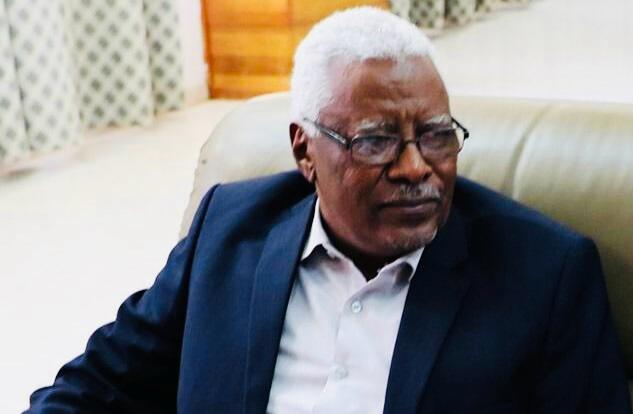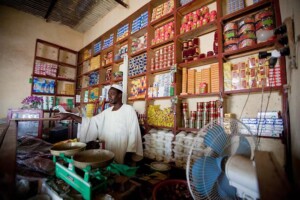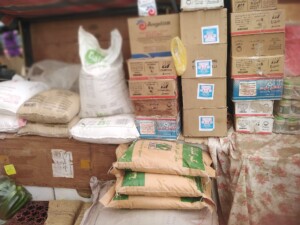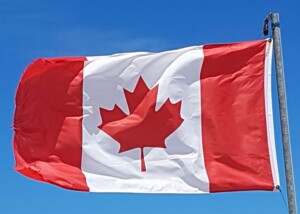Sudan 2024 budget: ‘Govt raises customs rate of US Dollar to finance the war’

Economist Hasan Bashir (File photo: Supplied)
The 2024 national budget is a war budget, economist Hasan Bashir told Radio Dabanga yesterday. He warned that the about 30 per cent increase of the US Dollar rate for customs processing will lead to “a very large leap in price levels of all goods and services”.
“The de facto government in Port Sudan seeks to increase revenues to finance the war in any way possible,” the professor of economics at various Sudanese universities and former director of the Red Sea University, said in an interview with Radio Dabanga yesterday.
“The decision to raise the customs rate of the US Dollar from SDG650 to SDG950* aims at enlarging the revenues, regardless of its repercussions and no matter how destructive they will be to the rest of the economy and the living conditions of the Sudanese, who already suffer greatly from the war and wrong economic policies,” he stated.
Multiple exchange rates
“The government already experienced a deep economic crisis prior to the outbreak of the war [in April last year], which together with the repercussions of the armed conflict have led to a very critical situation, especially at the economic level”.
He predicted that the decision to raise the dollar customs rate “will lead to multiple exchange rates* in light of the continuous decline of the Sudanese Pound.
“This measure will lead to a very large leap in price levels of all goods and services, especially since the Sudan now imports all necessities of life, production inputs and other basic needs, not to forget the those of the war itself.
“All of this will lead to an unprecedented decline in the value of the Sudanese pound and its exchange rate against foreign currencies, high levels of inflation, and a deterioration in living standards.”
Limited options
The reasons for adopting the measure to raise the price of the ‘customs dollar’ are mainly related to the lack of other options to attract resources for Sudan’s 2024 national budget, Bashir explained.
“Given the lack of real production in the country and the very big decline in exports, which consist mainly of raw materials in Sudan’s rentier economy. The produce is now reduced to the regions controlled by the de facto government, with an export range consisting of oilseeds, gum Arabic, cotton, and a bit of livestock and gold.”
The economist concluded the interview by saying that “all these problems are directly resulting from the war. There is no other solution than to draw lessons from the atrophy of the national revenues by stopping this destructive war, which they themselves describe as absurd.”
Radio Dabanga reported yesterday that the prices of basic consumer commodities are skyrocketing in Khartoum state.
* The Central Bank of Sudan’s website has not updated currencies’ rates since April 12, three days before fighting erupted between the Sudan Armed Forces (SAF) and the Rapid Support Forces (RSF). The Faisal Islamic Bank sells US dollars for SDG1,078 today. The rate of the US Dollar on the parallel market these days amounts to about SDG1,150.











 and then
and then